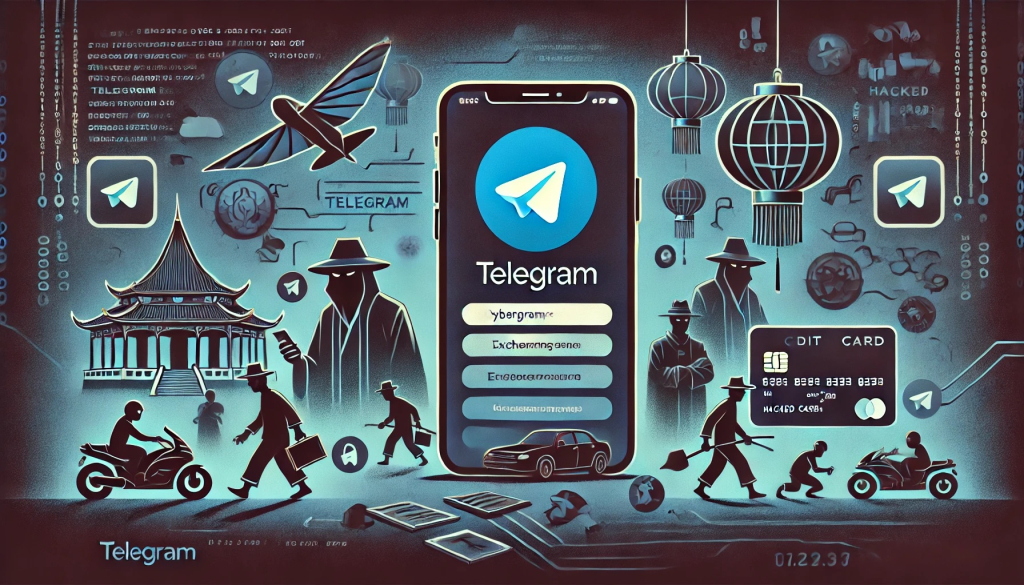A recent report from the United Nations highlights the alarming rise of organized crime in Southeast Asia, which has increasingly turned to the encrypted messaging app Telegram as a key tool for conducting large-scale illegal operations. Published by the United Nations Office for Drugs and Crime (UNODC) on Monday, the report outlines how Telegram has facilitated the expansion of underground criminal networks in the region, enabling them to trade in hacked data and engage in various cybercrimes.
Known for its encrypted communication and widespread use, Telegram has become a hotbed for illegal activities due to its extensive unregulated channels and minimal moderation. These features create an ideal environment for criminals to exchange sensitive information, including hacked credit card details, passwords, browser histories, and other personal data. The platform has particularly attracted cybercriminals, who utilize it to sell tools such as malware and deepfake software intended for fraudulent purposes.
READ MORE: PSO Pursues Greater Autonomy to Compete with International Oil Firms
According to the UNODC report, unlicensed cryptocurrency exchanges within Telegram’s ecosystem also offer money-laundering services, facilitating the movement of illicit funds across borders. One advertisement in Chinese quoted in the report claimed, “We move 3 million USDT stolen from overseas per day,” illustrating the scale of these criminal enterprises.
The report also reveals a significant shift of underground data markets to Telegram, with vendors targeting transnational organized crime groups based in Southeast Asia. This region has emerged as a hotspot for a multibillion-dollar cybercrime industry, often led by Chinese criminal syndicates that operate from heavily fortified locations and rely on trafficked workers to execute their schemes. The UNODC estimates that these operations generate between $27.4 billion and $36.5 billion annually. The role of Southeast Asia in these illicit activities has increased as criminal networks adopt new technologies, including malware, artificial intelligence, and deepfakes. The report notes the emergence of more than ten deepfake software providers specifically catering to these criminal groups, with the usage of deepfake technologies rising from February to August 2024.
The escalating use of Telegram by criminal networks has also attracted global law enforcement attention. In August, Telegram’s founder, Pavel Durov, was arrested in Paris under a new French law that holds app providers accountable for facilitating criminal activity. Durov’s arrest, which underscored the platform’s role in distributing illegal content, including child sexual exploitation material, has ignited a broader debate about balancing freedom of speech with the necessity of legal enforcement. Following his release on bail, Durov committed to cooperating with authorities by providing users’ IP addresses and phone numbers when legally requested. He also announced plans to eliminate certain features exploited for criminal purposes.
Benedikt Hofmann, the UNODC’s deputy representative for Southeast Asia and the Pacific, emphasized the significant threat posed to consumers by the growing presence of criminal networks on Telegram. “For consumers, this means their data is at a higher risk of being fed into scams or other criminal activity than ever before,” he stated. As authorities in countries like South Korea and India investigate Telegram’s role in cybercrime, it becomes increasingly evident that the platform’s lack of regulation has allowed it to become a breeding ground for criminal networks. The UNODC report highlights the urgent need for stronger oversight and international collaboration to combat the rise of cybercrime in Southeast Asia.




